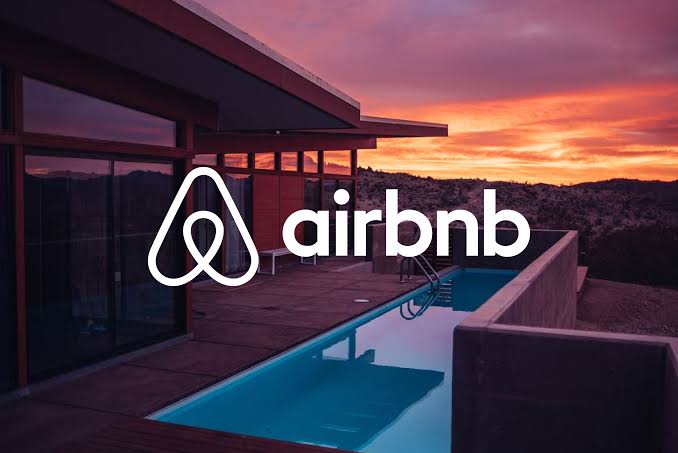Short-term rental giant, Airbnb has enacted a global ban on indoor security cameras across its properties, citing privacy concerns as the primary force behind the decision.
The platform, headquartered in San Francisco, announced the policy change on Monday, 10th March, emphasizing its commitment to safeguarding the privacy of its community members and clients. Airbnb initially granted the use of security cameras in shared spaces like living rooms, as long as hosts disclosed their presence in property listings and ensured their visibility.
Airbnb’s head of community policy and partnerships, Juniper Downs, said “These changes were made in consultation with our guests, hosts and privacy experts, and we’ll continue to seek feedback to help ensure our policies work for our global community.”
The move responds to sporadic reports over the years of guests encountering hidden cameras in Airbnb accommodations, raising concerns about privacy violations.
Although the ban on indoor security cameras is expected to impact only a few numbers of listings by tagging it “smaller subset of listings,” Airbnb is maintaining allowances for certain surveillance devices, such as doorbell cameras and noise monitors, to address specific issues like unauthorized gatherings.
Hosts must however, transparently disclose the presence and approximate location of outdoor cameras prior to confirming bookings.
The outdoor surveillance cameras, moreover, must not be used to monitor indoor areas or installed in settings where individuals have a reasonable expectation of privacy, such as shower facilities.
The implementation of the revised policy has Airbnb to set a deadline for April 30, which allows hosts enough time to adjust to the new regulations.
Airbnb is working to ensure confidence among its user community and reinforce its commitment to protecting personal privacy by imposing stricter guidelines on surveillance equipment.
The proactive approach of AirBnB showcases the broader efforts within the hospitality industry to balance security measures with respect for individual privacy rights, particularly in the context of shared accommodations.


